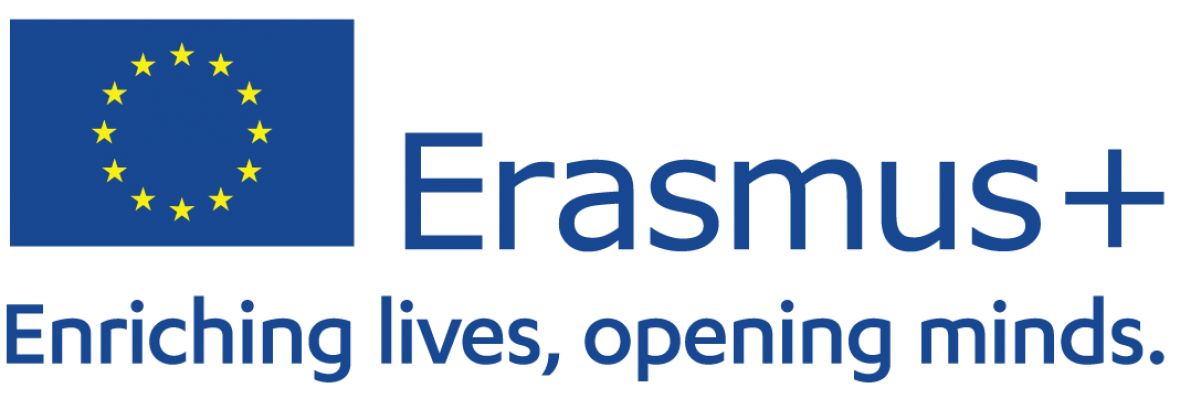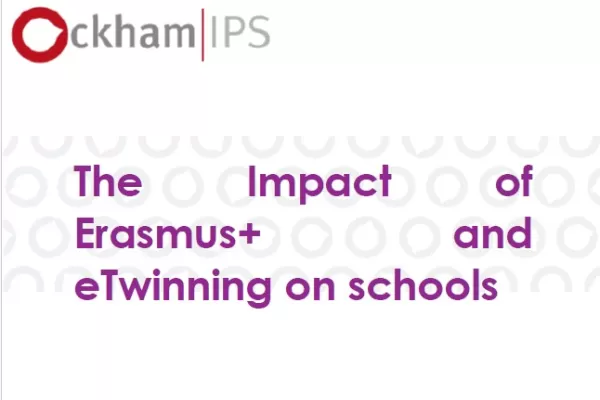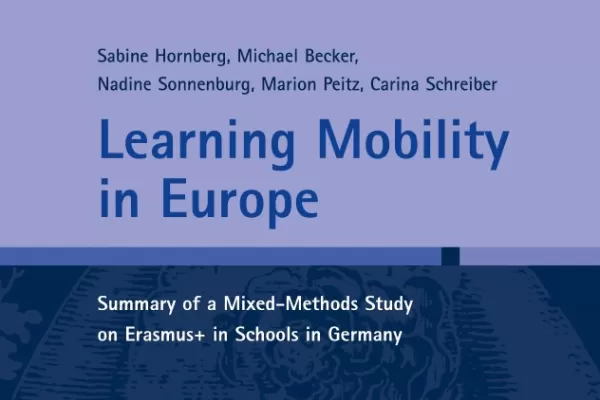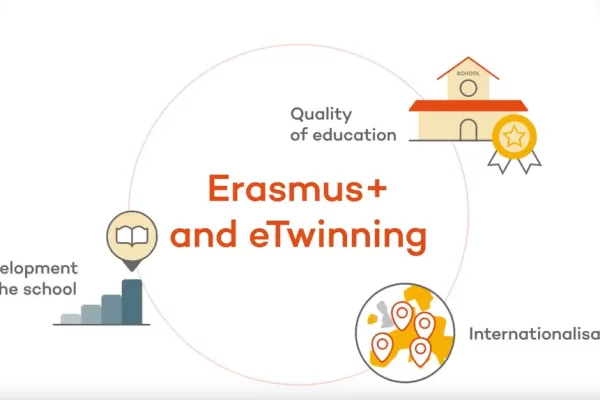Resume
In order to assess the impact of the European subsidy programme Erasmus+, the National Agency Erasmus + Education & Training (NA) commissioned Oberon – in collaboration with Qrius and production company Saus! – carried out a qualitative study into the experiences of Dutch students and educational staff while abroad. The used model in the research represents a cyclical process in which the Erasmus+ participants undergo a continuous development throughout their stay and the experience thus gained allows them to increasingly progress in the acculturation process.
The experiences of students and educational staff included in this study provide greater insight into the quantitative results of the ongoing multi-annual study (MAS). The focus of this study is on the experiences during the stay abroad, and the participants were interviewed several times during their stay about their experiences, state of mind and development. In addition, five Erasmus+ participants shared their experiences with the researchers through vlogs. In these vlogs, they talk about their experiences and activities, offering the viewer a window into their world.
Goals and experiences students and staff
Students say they want to discover the new culture, gain study or work experience, develop on a personal level, and to improve their English or foreign language skills. Most students feel good to very good during the initial phase, but are also a little nervous. After a few weeks some participants experience a dip or stress from the intensity of their study or internship programme, expectations that have to be adjusted or personal issues.
Educational staff set goals on gaining new insights, networking and collaboration at the international level. Also, they want to become acquainted with the new culture and meet international people. The educational staff had a positive state of mind because their stay comprised a fixed and surveyable period of time and they mostly took part in a fixed programme. Most respondents shared positive memories of the activities they had engaged in and of the country, the culture, and the people. Consistent with the goals and motivations they had undergone a major personal development.
Conclusion
- The experiences from the initial phase of the foreign stay match the so-called honeymoon phase from the U-curve theory.
- In line with the culture shock phase from the U-curve theory, we do observe after some time a slight dip in the state of mind of some of the participants.
- During the last phase of their stay, these are also factors that make them express a reluctance to go home again rather than the opposite. In the U-curve theory, this is called the recovery and adjustment phase.
- The corona crisis meant that the exchange the affected students experienced was really quite different from the one they initially expected.
Recommendations
- Start a vlogging course before the participants have left the country.
- Take a close look at the agreements and conditions as set down in the subsidy agreements of the participating educational institutions.
- Take a close look at the agreements and conditions as set down in the subsidy agreements of the participating educational institutions.
- Have all participants fill in the Baseline Questionnaire prior to the foreign stay.
- Let students who are abroad for a longer period of time fill in the Update Questionnaire multiple times during their foreign stay, and the Backpack Questionnaire only once after returning.
- Let staff who are on a short foreign stay fill in just the Backpack Questionnaire, after their foreign stay has ended.
Download the report
- Erasmus+ Followed and Vlogged.pdf 1MB / pdf Download
More information?
Looking for more information about this project? Get in touch: onderzoek@erasmusplus.nl.




